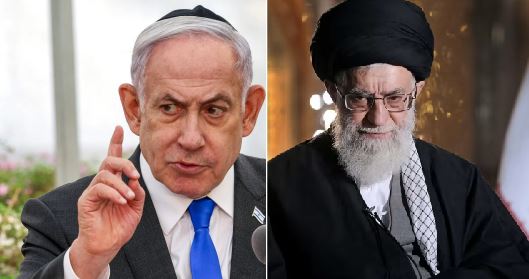Israeli Prime Minister, Benjamin Netanyahu on Thursday, June 19, did not rule out the possibility of targeting Iran’s Supreme Leader Ayatollah Ali Khamenei as part of Israel’s ongoing military operations against the Islamic Republic.
The comments came during an interview with Israeli public broadcaster Kan, where Netanyahu was asked to clarify an earlier statement by Defence Minister Israel Katz, who said Khamenei “can no longer continue to exist.”
In response, Netanyahu said, “I instructed that no one in Iran should have immunity.”
He declined to provide further details, adding: “Beyond that, I don’t think it’s appropriate or necessary for me to add anything. I believe actions should speak much louder than words.”
The remarks add to growing speculation over whether Israel could escalate its offensive by directly targeting high-level figures within the Iranian regime.
Tensions between the two nations have surged in recent weeks following a wave of attacks, including Iranian missile strikes on Israeli territory and retaliatory air raids by Israel. The conflict has drawn international concern, with fears of a broader regional war growing.
U.S. President Donald Trump also weighed in on the matter earlier this week, calling Ayatollah Khamenei “an easy target” for both the U.S. and Israel. However, CNN previously reported that Trump had rejected an Israeli proposal during his presidency to carry out a targeted assassination of Khamenei, believing such a move would provoke uncontrollable escalation. The plan was ultimately shelved.
Khamenei, 85, is Iran’s highest-ranking political and religious authority, and any direct threat to his life would mark an unprecedented shift in the rules of engagement between the two arch-rivals.
As of now, Israeli officials have not confirmed any active plan to target Khamenei personally. Still, the rhetoric from both sides underscores the intensifying hostilities amid ongoing conflict in the region.
